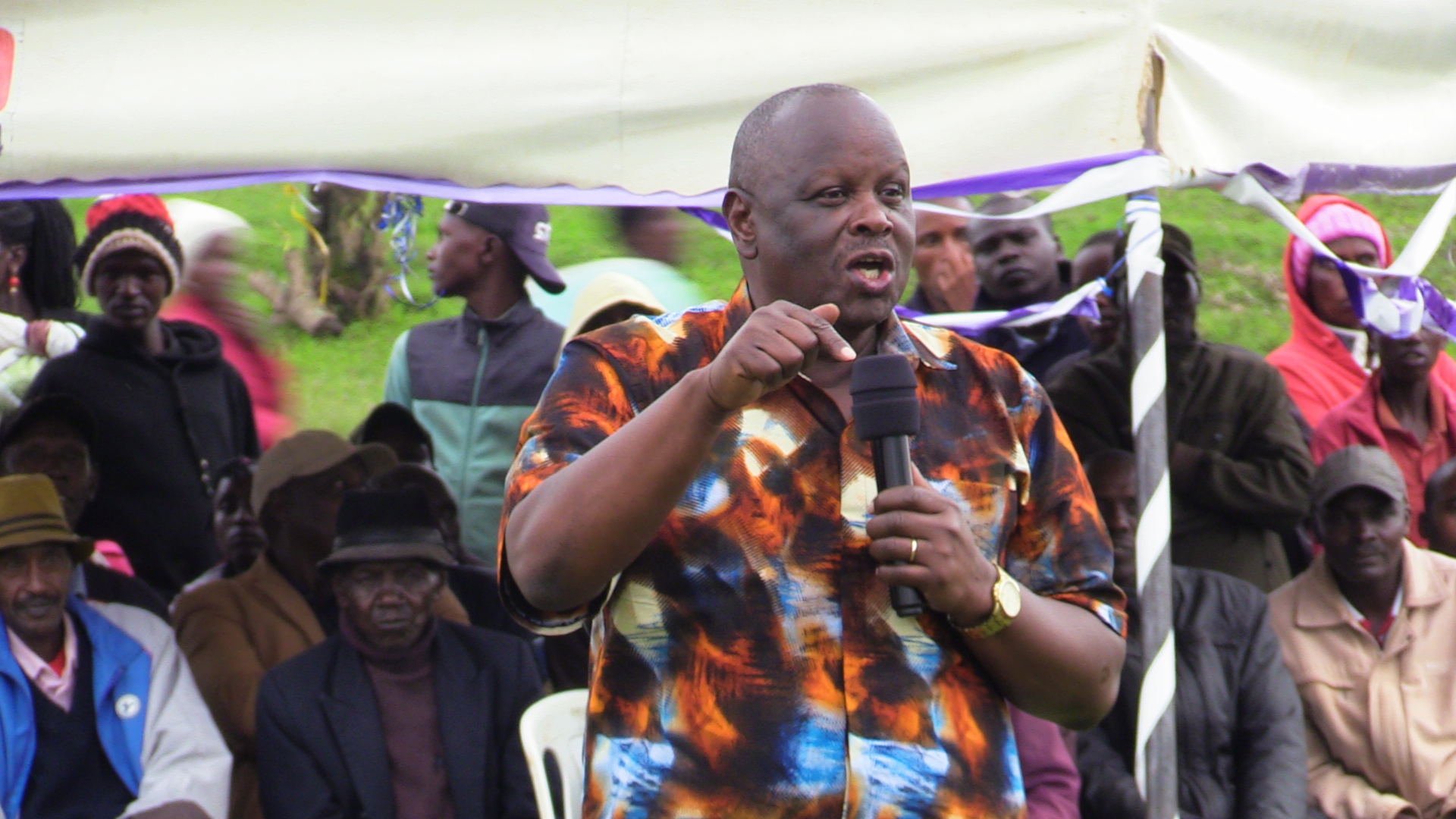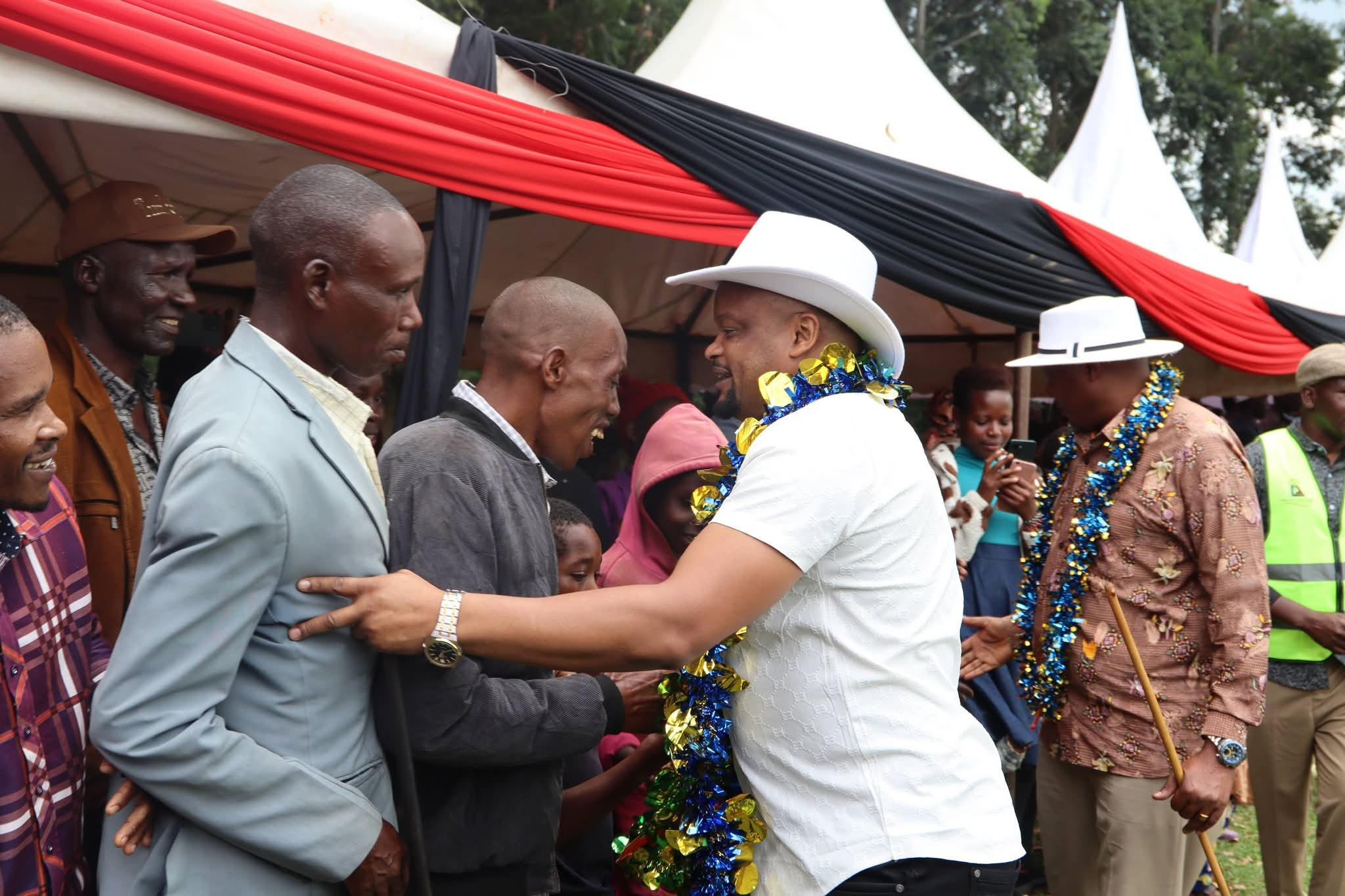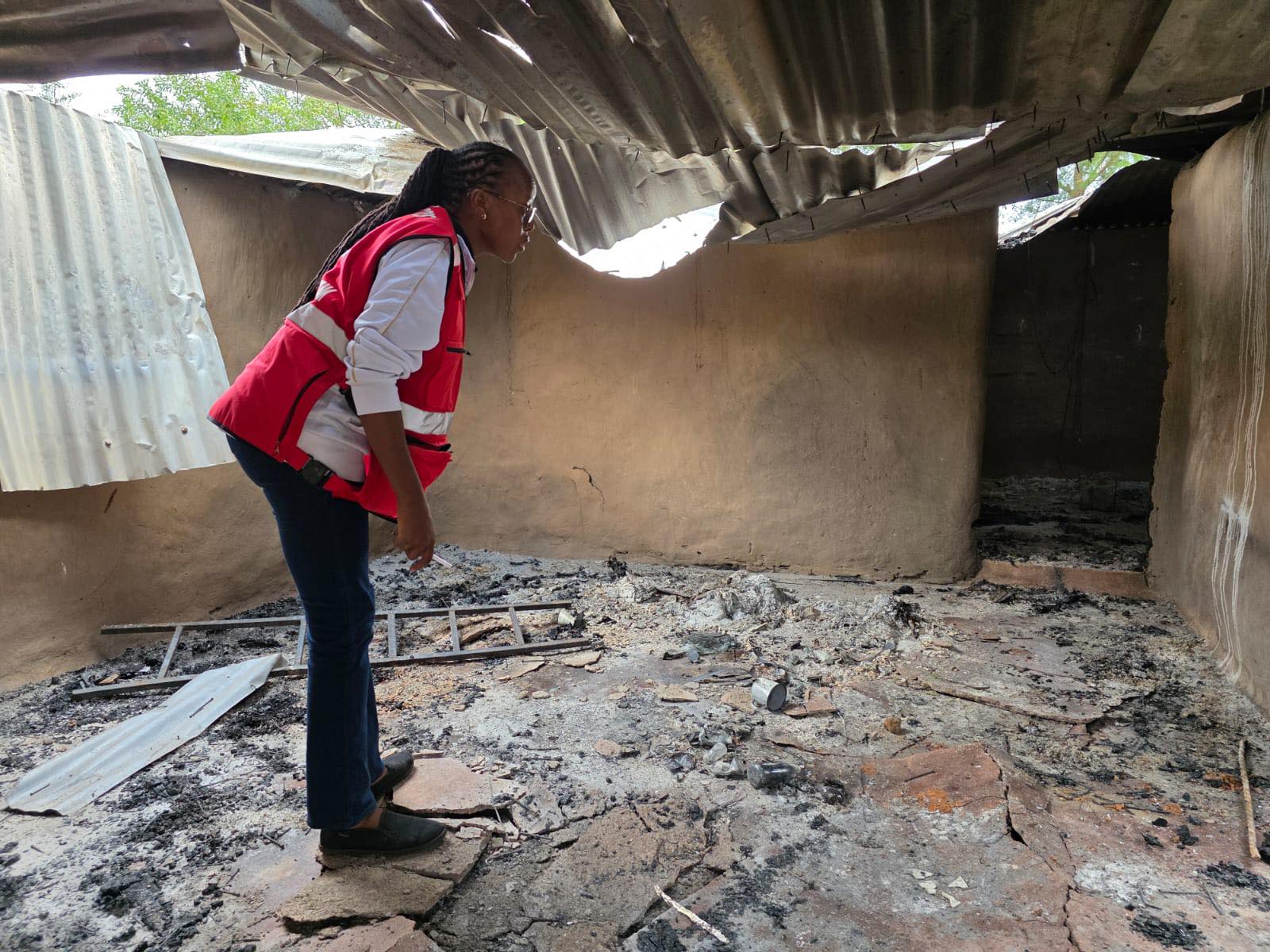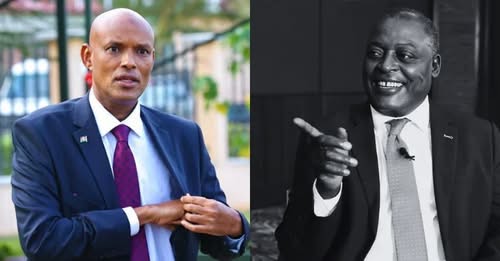The Enduring Crisis of Party Primaries and the Role of the Church in Kenyan Politics

Bomet, Kenya - Former Bomet Governor Isaac Ruto has ignited debate on the integrity of Kenya's political party primaries, calling for urgent reforms and proposing a bold solution — the involvement of independent and religious institutions in managing party nominations.
Speaking in Ndaraweta, Bomet Central, over the weekend, Ruto decried what he termed as a recurring “nightmare” of rigged and manipulated primaries that continue to erode public trust in political parties and disenfranchise aspirants.
According to Ruto, internal party elections have consistently failed to reflect the will of the people, often being marred by favoritism, bribery, and opaque decision-making.
“Electoral teams managing party primaries are sometimes compromised, denying voters the opportunity to choose leaders of their own,” Ruto said. “It is time for parties to embrace mechanisms that guarantee transparency and fairness.”
In a notable departure from traditional political rhetoric, Ruto suggested that institutions with a moral compass, particularly the church, be brought in to oversee these processes.
“Why can’t parties engage independent-minded people like the clergy or electoral bodies that cannot be easily compromised?” he posed.
Ruto’s remarks come amid a charged political atmosphere in Bomet County, where Rev. Ambrose Kimutai of Ndaraweta Catholic Parish has filed a petition to the County Assembly seeking the impeachment of Governor Prof. Hillary Barchok.
The governor was recently questioned by the Ethics and Anti-Corruption Commission (EACC) over alleged misappropriation of KSh1.6 billion. In a dramatic show of evidence, Rev. Kimutai wheeled documents before the Assembly's Petition Committee, signaling a new chapter of clerical activism in local governance.
Ruto praised the priest’s courage, saying such voices are essential in holding public officials accountable. “The church has always stood with the truth. Even during the fight for multi-party democracy and the promulgation of the new Constitution, clergy like the late Archbishop Ndingi Mwana a'Nzeki led the charge,” Ruto noted.
The former governor emphasized that Kenya’s democratic gains owe much to the church’s historical role in advocating for justice and transparency. He urged the current generation of religious leaders to continue speaking truth to power, especially when oversight institutions appear ineffective.
Ruto’s comments not only revive concerns about internal party democracy but also underline a broader anxiety: that Kenya’s democratic processes risk regression if foundational mechanisms like party primaries remain flawed.
As the Bomet County Assembly deliberates on Rev. Kimutai’s petition, the spotlight now shifts to how political institutions — both secular and religious — can collaborate to restore public faith in governance.
While Ruto’s proposal may face resistance from party hierarchies, it strikes at the heart of a national conversation about integrity, accountability, and the true meaning of democracy.







Comments (0)
No comments yet. Be the first to comment!